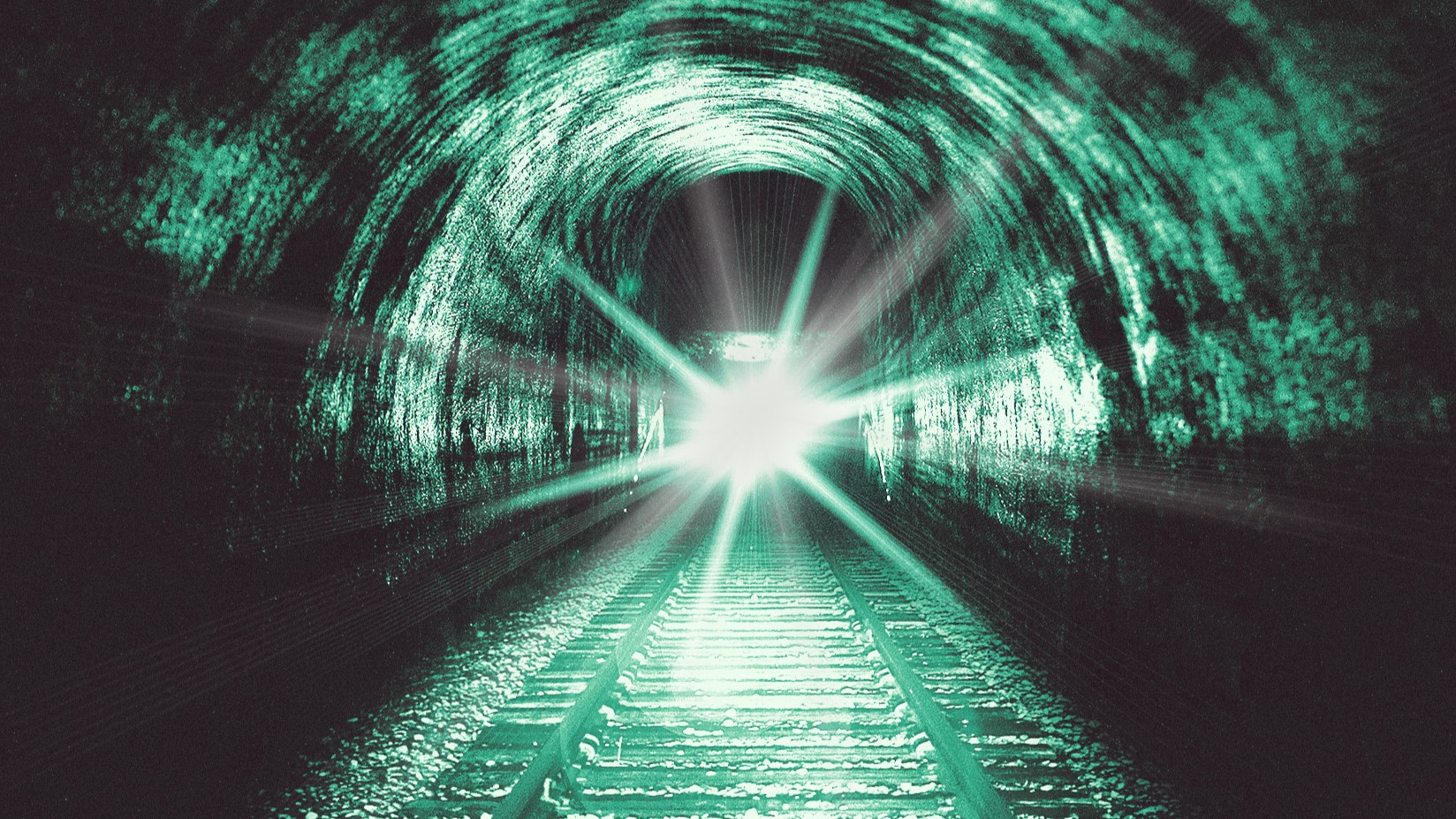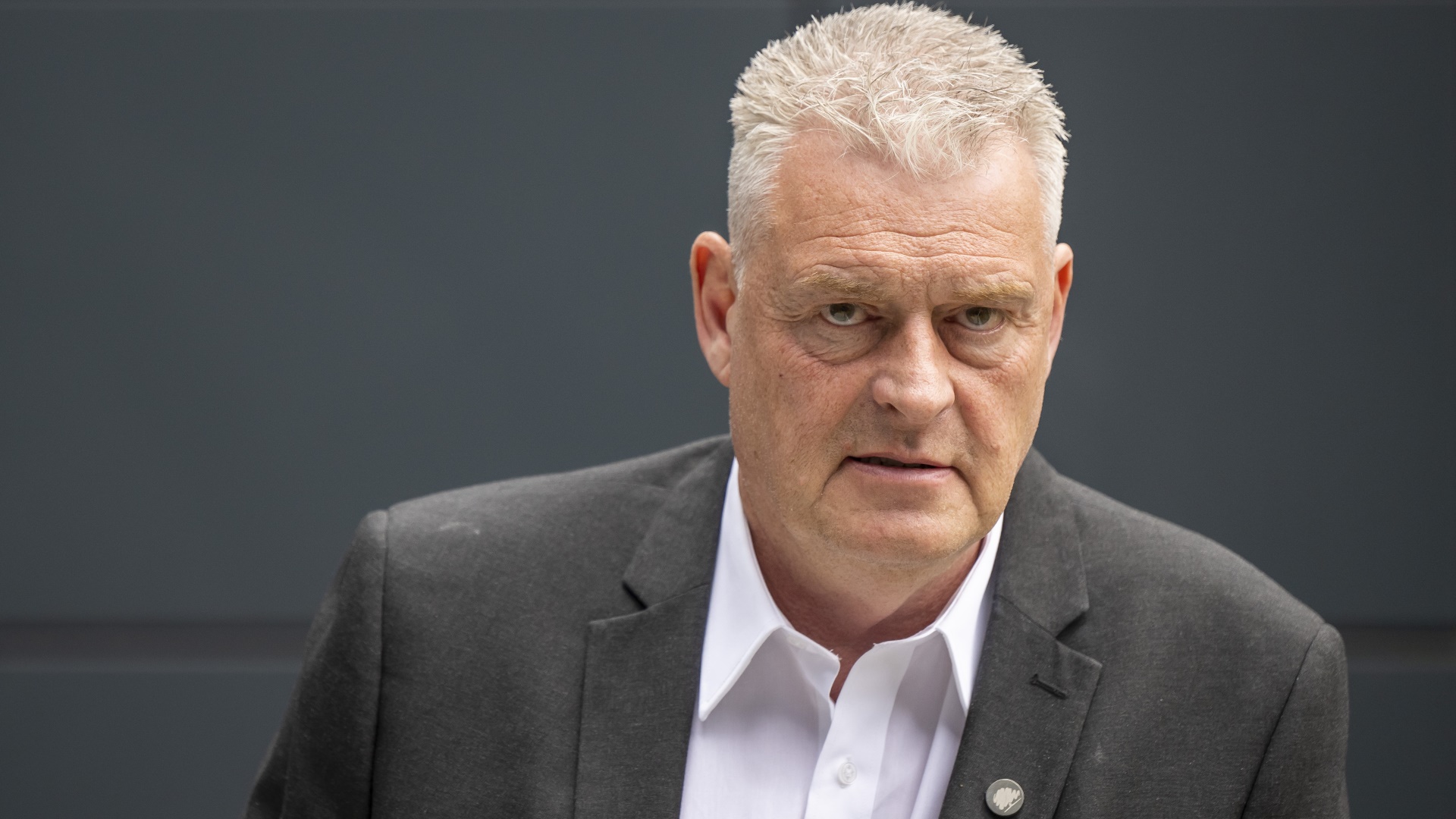Once you’ve navigated your way through the southern Moldovan district of Cimișlia, the rickety welcome sign does not match up to the pomposity of the name assumed by the region you are about to enter: the Autonomous Territorial Unit of Gagauzia (ATUG). Neither does what awaits you within this remote post-Soviet backwater.
This partially self-governing, 190-square-mile geopolitical platypus, entirely located within the borders of the Republic of Moldova, dates its creation to the sweeping and often turbulent years of bedlam that followed the dissolution of the former USSR – an empire it has yet to really let go of. Signs of the old regime abound, from the statues of Lenin that still stand proud and defiant in almost every single village, to the Houses of Culture community centres set up for the entertainment and education of Soviet citizens, still thriving here but abandoned elsewhere.
No armed conflict has ever broken out between Chişinǎu and Comrat, the dusty capital of Gagauzia, but the inhabitants of this fragmented and sparsely populated patch of land have long held feelings of distrust and resentment towards Moldova’s central government.
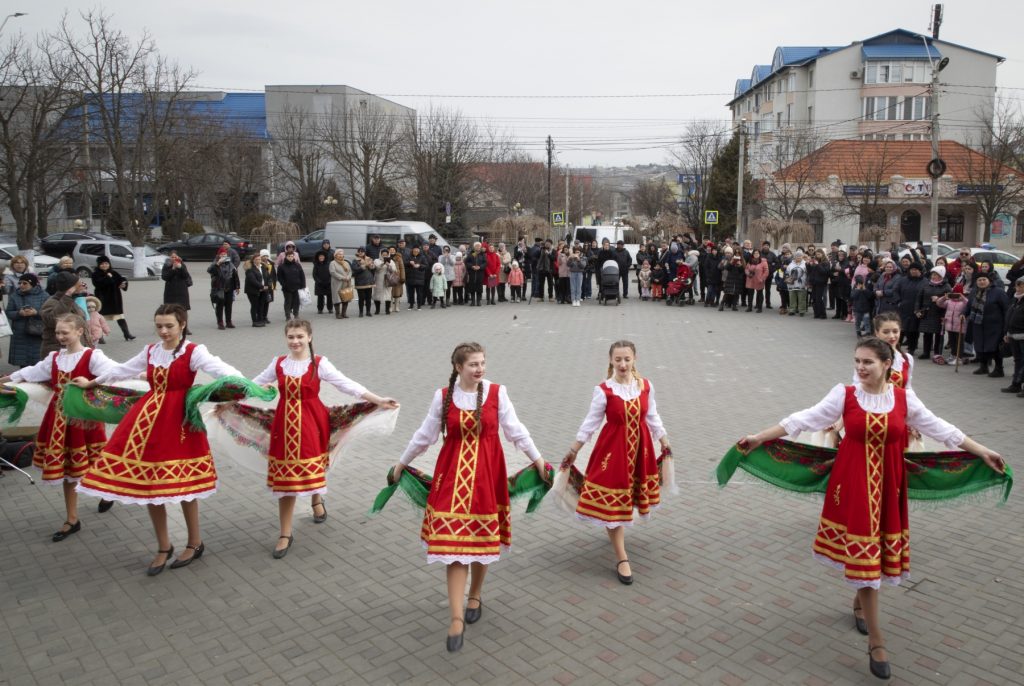
Until 1994, Gagauzia existed as a de facto detached proto-state sandwiched between Ukraine, Romania and Moldova. Unlike neighbouring Transnistria, an internationally unrecognised breakaway republic that successfully seceded from Moldova after a conflict in 1992, Gagauzia then reached an agreement with the central government that established its own autonomy.
Yet ideological rifts between the local leadership and Chișinău have never subsided, leaving Gagauzia a pro-Russian stronghold within a state that is increasingly looking west, especially since the election of the pro-European president, Maia Sandu.
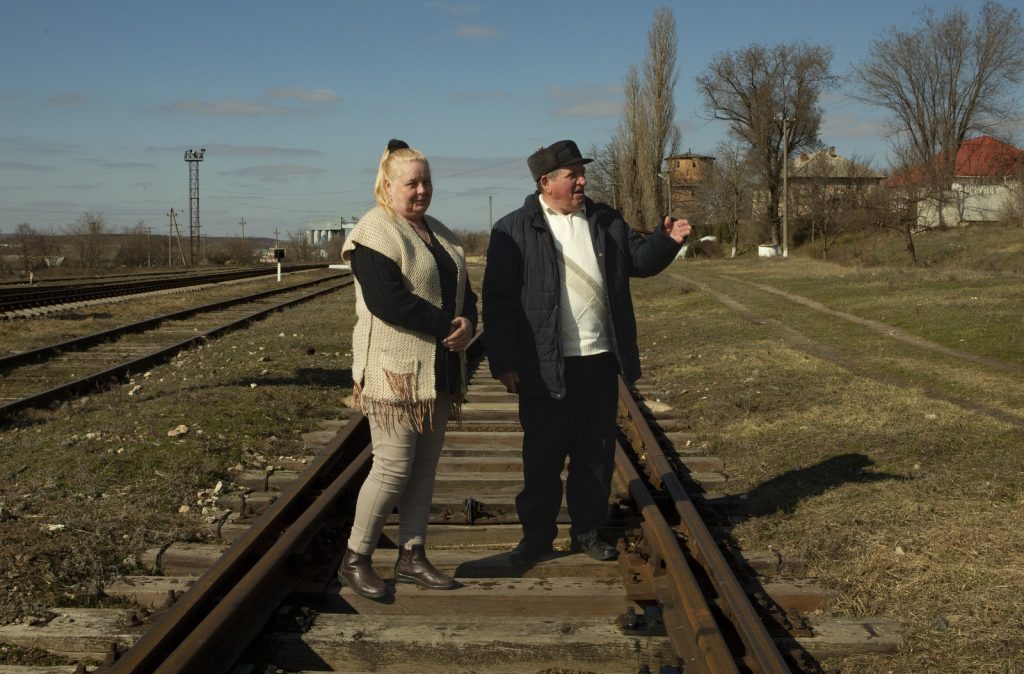
The Gagauz are Turkish-speaking Orthodox Christians who trace their origin back to a time when these borderlands used to be an endless field of contention between empires, and nomads were roaming free across yet-to-be-drawn frontiers. Centuries have passed, but their national roots still play a major role in the tensions between the local political leadership and the legislative bodies in Chișinău, which – on the other hand – argue that the real issue here is Gagauzia’s notorious Russophilia.
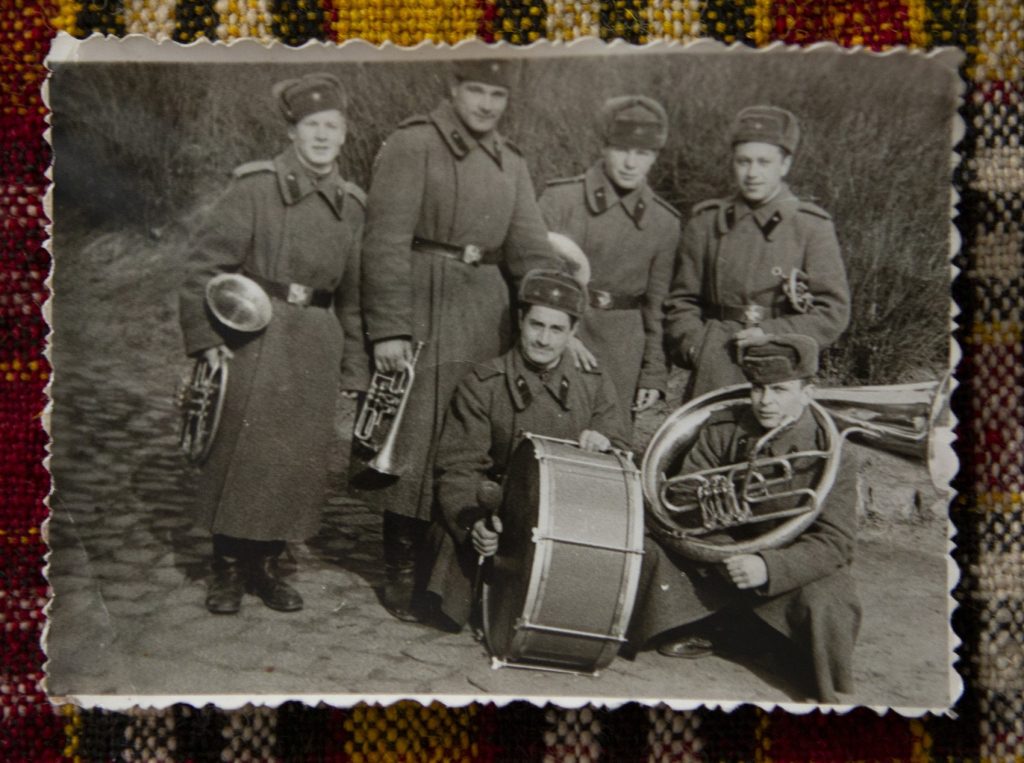
In this autonomous territory, Russian is still widely used as the sole lingua franca for interethnic and official communication, Gagauz being the language spoken at home or with friends. The Russian intervention and continuous presence in neighbouring Transnistria galvanises and reassures the Gagauz minority in Moldova: if things start to fall apart, the Kremlin will be there to protect the Gagauz.
Here the Orthodox Church maintains strong connections with both Russian and the Transnistrian monasteries, while local radio and TV stations mostly air Russian-language broadcasts. Rancour and distrust towards Chișinău, exacerbated by Moldova’s clear pro-Kyiv stance during the ongoing Russo-Ukrainian war, dominate the public discourse. Local politicians often repeat that Gagauzia and its people will always be on Russia’s side, no matter what.
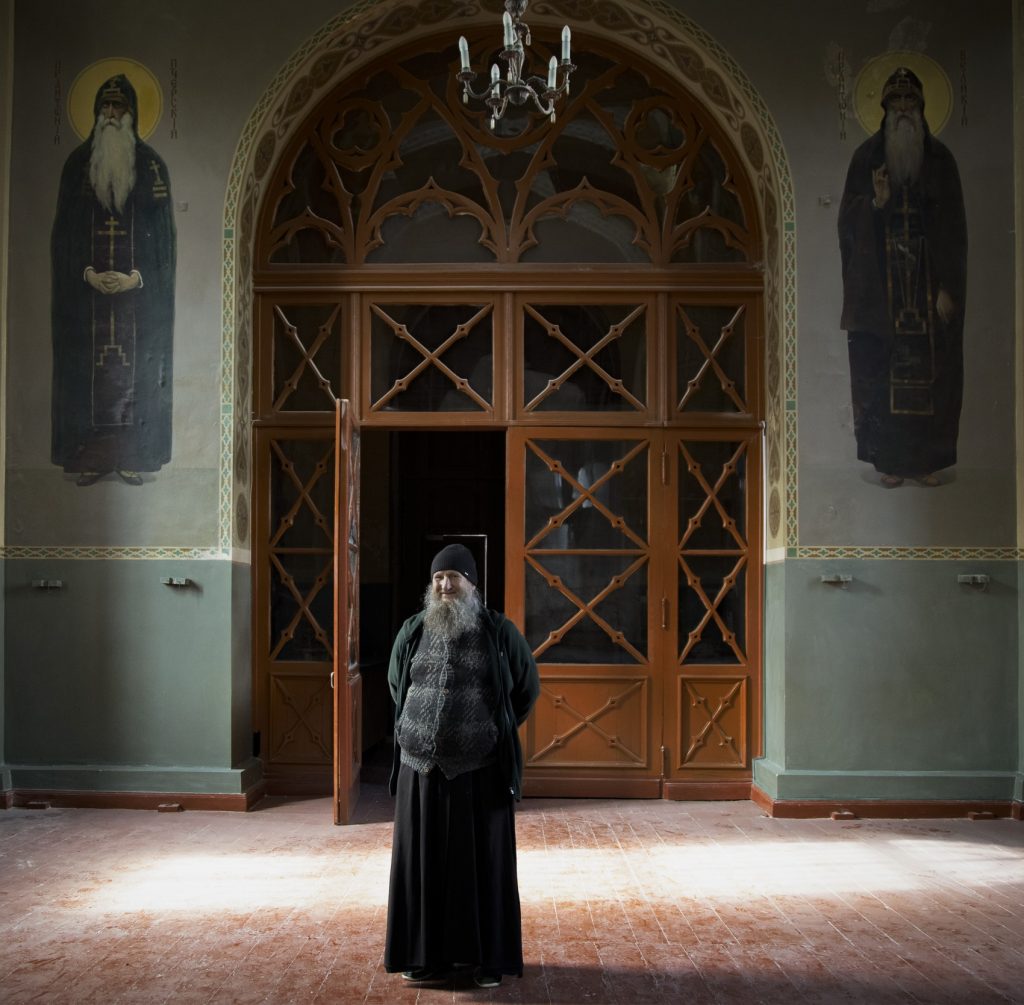
Ultimately, beyond words and propaganda, the strongest of all ties for these people seems to still be the one with the USSR’s past. The sudden disintegration of the sheltering bell jar in which Soviet citizens had spent most of their lives generated a desperate quest to find a new personal and national identity. Some found it in a resurgence of nationalism that had been boiling over under the blanket of an imposed inter-ethnic Soviet harmony. In contrast, some others found it in a post-socialist and neo-imperialist veneration for Russia and the “good old-world values” it allegedly defends.
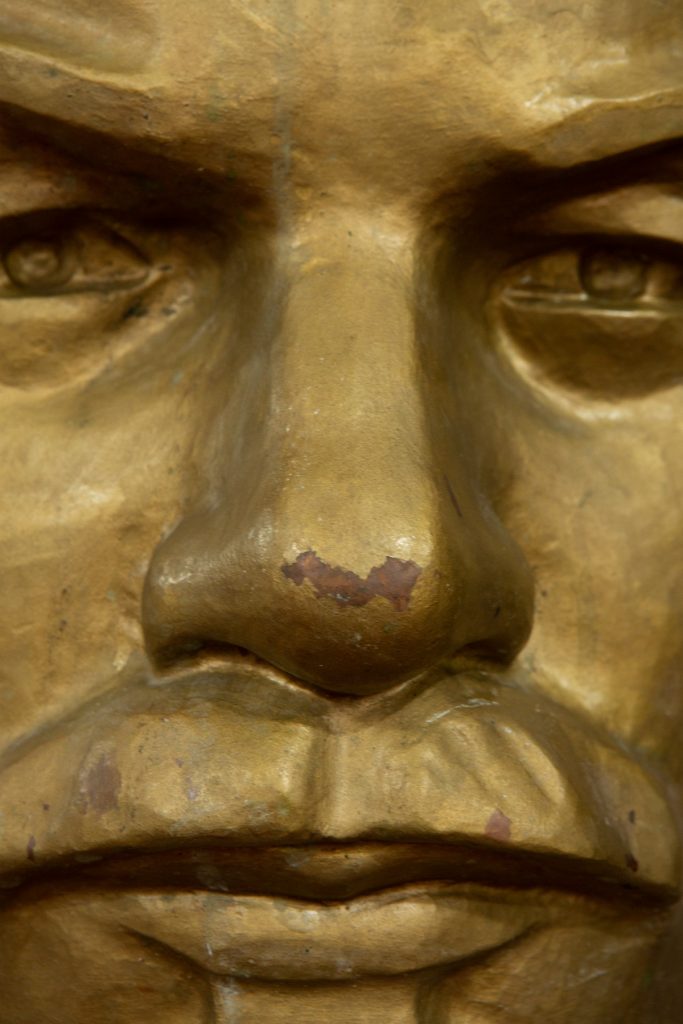
Most former Soviet citizens, however, were unable to cope with the new reality swiftly unfolding in front of their eyes, and found refuge in nostalgia. And Gagauzia, with its statues and its USSR-style decorative rugs, is no exception.
Here the Soviet Union is often remembered by the elders as a sort of paradise lost, a comforting memory of uneventful safety and stability, while the younger generations still struggle to find their own balance and identity between the unsettling advance of an uncertain future and a lingering sense of belonging to something that has not passed yet.


